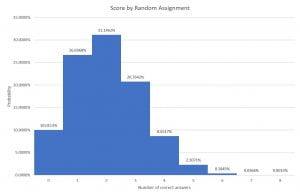The survey continues with similar efforts in previous semesters, and a total of 398 students submitted responses. Module Design and Workload used to be two distinct surveys, but with the newly added “Effects of Learning through Peer Discussions” data study, I’ve rolled some of what used to be in the Workload survey into the Module Design survey; the rest are in the data study.
This post is not just for you, but also a way for me to organize my own thinking. Feel free to send me further comments by email or come talk to me directly. Comparisons are always with runs of the module in the past under me (rather than any other instructor). I’ll start with the quantitatives (data taken as of 10:30AM 20 November)…

